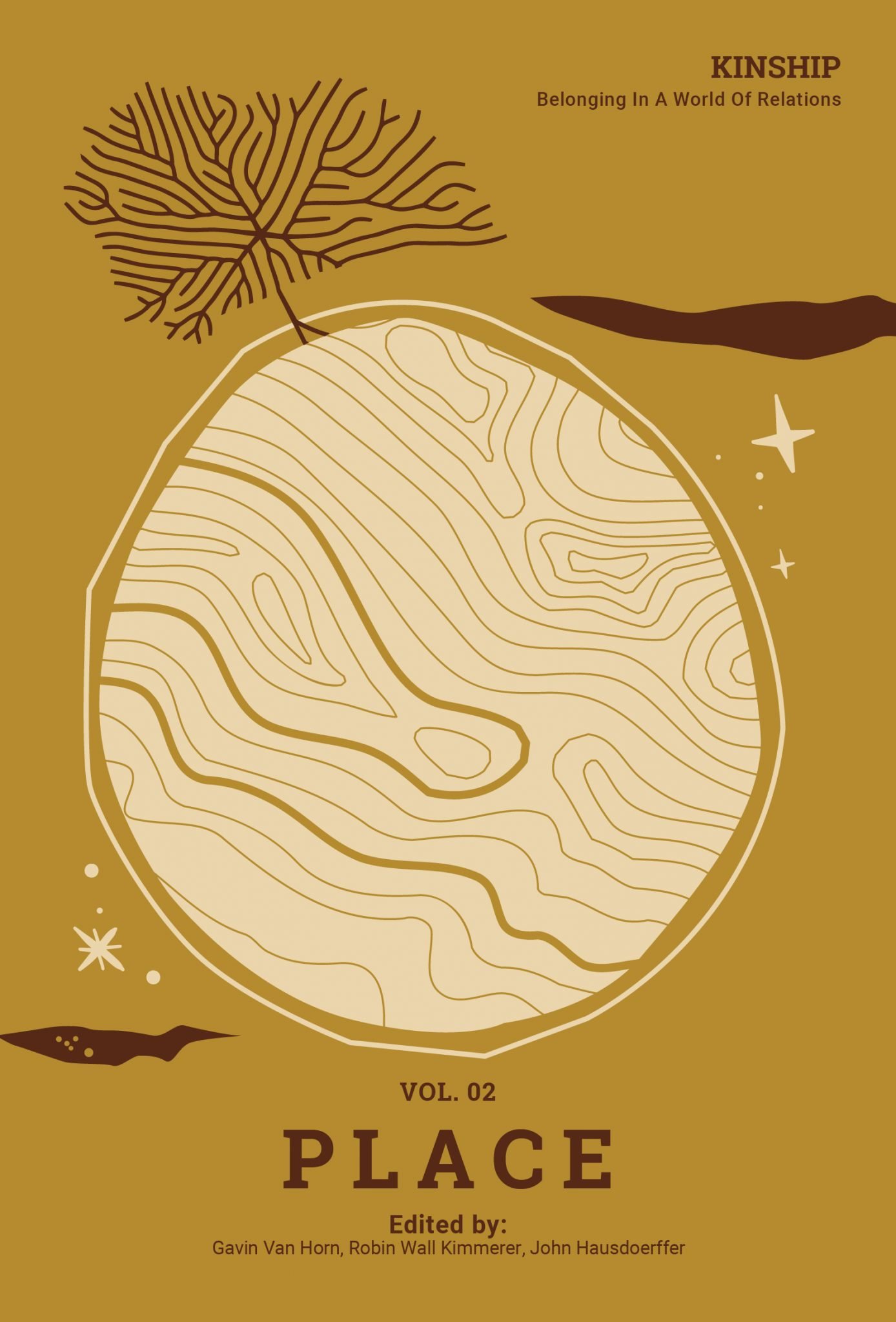Fionnáin reseñó Place: Vol. 02 de Gavin Van Horn (Kinship: Belonging In A World Of Relations, #2)
Limited Placeness
2 estrellas
This collection of essays is the second in the 5-volume series Kinship. Presented as "Place", the editors suggest that this book will be about situatedness and "crafting a deeper connection with earth's bioregions". Unlike the first volume, which brings together fascinating essays from many different perspectives and nations (albeit US-weighted), this collection of essays and poems is deeply flawed.
There are two main reasons for this. The first is that "place" seems to predominately mean "the USA" and more specifically mean "US border regions". This surely misses the point entirely, both because it considers place through enclosure only and because it leaves out almost all of the human-inhabited places in the world. The second (related) issue is that the authors, including those writing about "Indigenous experience", are mostly white and educated or working in the US education system. This is an obvious failing of the editors and …
This collection of essays is the second in the 5-volume series Kinship. Presented as "Place", the editors suggest that this book will be about situatedness and "crafting a deeper connection with earth's bioregions". Unlike the first volume, which brings together fascinating essays from many different perspectives and nations (albeit US-weighted), this collection of essays and poems is deeply flawed.
There are two main reasons for this. The first is that "place" seems to predominately mean "the USA" and more specifically mean "US border regions". This surely misses the point entirely, both because it considers place through enclosure only and because it leaves out almost all of the human-inhabited places in the world. The second (related) issue is that the authors, including those writing about "Indigenous experience", are mostly white and educated or working in the US education system. This is an obvious failing of the editors and seems a surprising oversight as so many writers worldwide could have contributed significantly to the idea of kinship with place, and have already done so in many better books.
Some of those flawed essays are good, but remain problematic in the overall collection. The only standout moments come from the brilliant poems of Craig Santos Perez and Sean Hill. A positive essay on generations of protest in the Ecuadorean Andes by Lisa María Madera is also a welcome piece of quality writing in this otherwise disappointing book.

